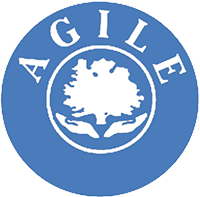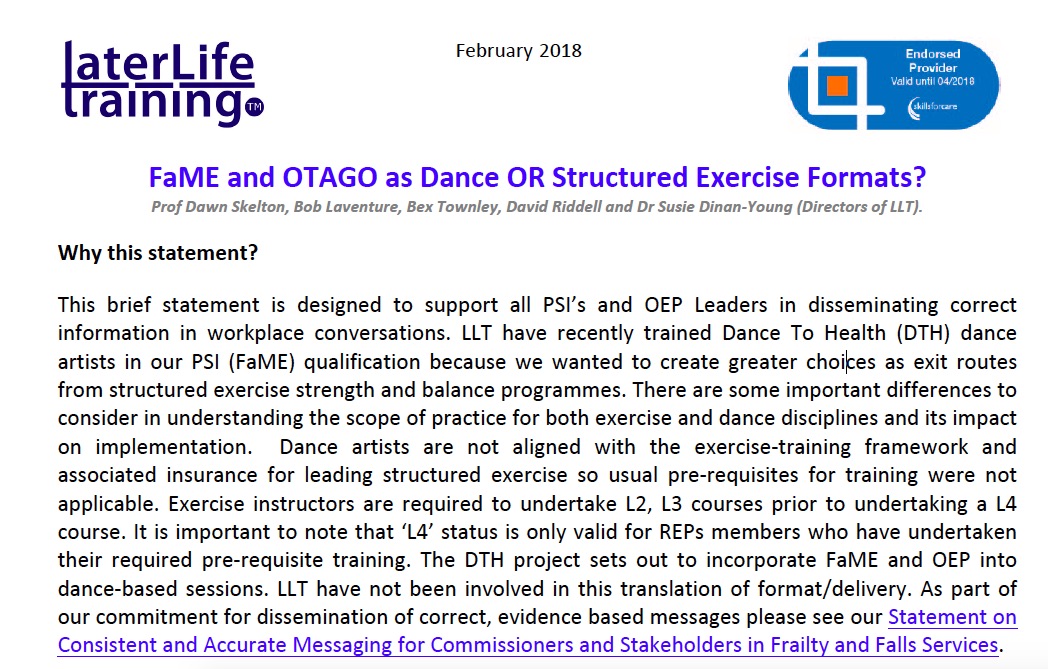In May we decided to do a Survey of PSIs to see how they were working prior to Covid and to see the effects of lockdown. We were interested in how many people they were reaching in a week with the FaME exercise programme and their way of working. We had responses back from 656 PSIs (18% of the total we have qualified since 2003). You can read the Survey Monkey Survey Results here and take a look at our reach calculations here. We have completed a fuller report here but here are they Key Findings in the Survey.
Key Findings:
488 PSIs reached 10,729 older adults per week and over a year a potential of 557,908 people. 74% of the sample were still delivering FaME. If we extrapolated this to assume that 50% of all qualified PSIs (n=3561) still deliver FaME then potentially PSIs reach over 39,145 older people a week and a potential of over 2 million older people a year.
53% had qualified in the last 5 years and most work in the UK.
57% are exercise instructors and 41% are allied health professionals (24% physiotherapists).
69% work in community settings, 16% in hospital settings and 7% in care homes.
74% were currently delivering FaME (n=488) but nearly 8% had never delivered FaME since qualification.
63% received a referral form from a physiotherapist (falls service/community etc.) as part of an agreed referral pathway and 47% receive referrals from a local GP.
However, 13% of PSIs have people turn up to their sessions without any pre-exercise assessment or referral.
83% demonstrate getting down and off the floor in sessions.
However, only 39.5% introduce backward chaining to most participants.
76% provide resistance bands and home exercise sheets for participants.
57% of PSIs have programmes that are unlimited in duration, participants can attend for as long as they want or need to.
77% of PSIs include FaME elements in other sessions they deliver with older adults.
53% of PSIs said their programmes included evaluation of some outcome measures.
More than half of all PSIs felt that at least 60% of their FaME participants had shown improvements in confidence in balance, lower limb strength, trunk stability and posture, physical activity over and above attending the sessions, reduced fear of falling and increased social interactions outside of the sessions. But only 25% of PSIs felt that over 60% of participants had regained the skill of getting up off the floor and this is probably as a result of only 39% of PSIs adding this key element of FaME to their sessions.







